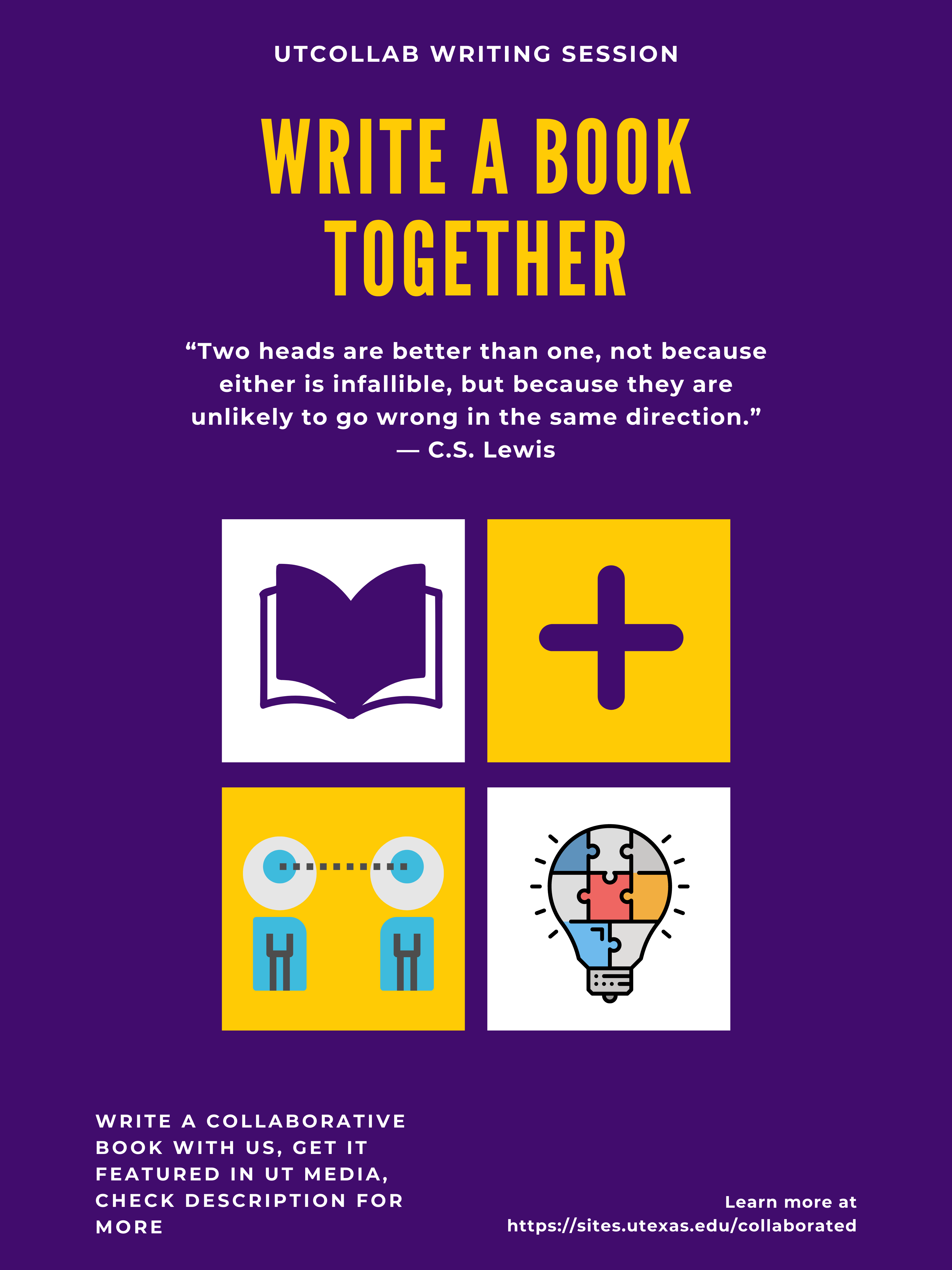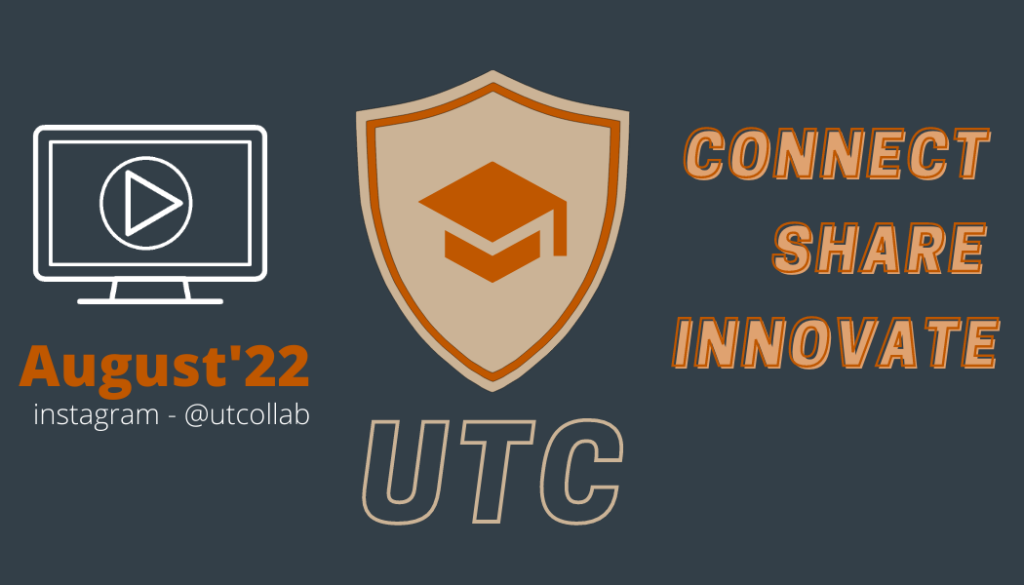In the ever-evolving landscape of education, the shift towards online learning has become increasingly prevalent. As students navigate this digital realm, it’s crucial to understand the power of collaborative online learning activities. In this article, we delve into the research-backed benefits and strategies for effective collaboration in online education.
Understanding the Theoretical Frameworks
Before diving into the practicalities, let’s grasp the theoretical underpinnings. Constructivism and connectivism emerge as pivotal theories in the realm of online learning. Constructivism emphasizes active engagement and collaborative grouping, fostering a community where learners take ownership of their education. On the other hand, connectivism acknowledges the dynamic nature of learning in a technology-driven world, emphasizing the importance of making connections with content and peers.
The Benefits of Collaborative Online Activities
- Active Learning and Shared Knowledge: Collaborative activities facilitate active engagement, allowing students to share ideas and perspectives. This not only enhances understanding but also fosters a sense of community within the online learning environment.
- Preparation for the Future: In today’s workplace, collaboration is key. By participating in collaborative online activities, students hone essential skills such as teamwork, time management, and effective communication, preparing them for success in their careers.
- Higher Order Thinking: Through collaboration, students are challenged to think critically and analytically. Discussions with peers stimulate intellectual growth, encouraging deeper understanding and application of concepts.
Practical Applications: Collaborative Group Activities
Group activities serve as the cornerstone of collaborative learning online. By dividing students into smaller groups, instructors create opportunities for meaningful collaboration. These activities not only foster a sense of community but also provide students with shared responsibilities, promoting active participation and engagement.
Fostering Meaningful Discussions
Engaging in discussions with peers is a powerful tool for knowledge retention. Online discussion activities encourage students to reflect, share viewpoints, and provide peer feedback. Through accountable talk and active participation, learners transition from passive recipients of information to active contributors to the learning process.
Leveraging Feedback and Assessment
Peer assessment activities promote a student-centered approach to learning. By providing constructive feedback, students not only reinforce their own understanding but also develop essential communication and evaluation skills. Moreover, peer-to-peer feedback fosters a transparent learning environment, where learners support each other’s growth and development.
Overcoming Challenges
While the benefits of collaborative online learning activities are abundant, challenges do exist. Instructors must navigate the complexities of online pedagogy, balancing technology with effective teaching strategies. Additionally, providing adequate support and guidance to students is essential for fostering a thriving online learning community.
Conclusion: Embracing Collaborative Learning
In conclusion, collaborative online learning activities offer a myriad of benefits for university students. By embracing constructivist and connectivism principles, students can actively engage with course material, collaborate with peers, and develop essential skills for the future. As the landscape of education continues to evolve, so too must our approach to collaborative learning online. By leveraging the power of technology and pedagogy, we can unlock the full potential of online education.
References and Further readings:
elearning industry : Reasons Why Collaborative Online Learning Activities Are Effective
“Collaborative Learning in Online Settings: A Systematic Review” by D. Randy Garrison and Jennifer C. Cleveland
- This systematic review provides comprehensive insights into the effectiveness of collaborative learning in online environments, highlighting key strategies and outcomes.
“E-Learning and Constructivism: From Theory to Application” by Purnendu Tripathi.
- Tripathi’s work explores the application of constructivist principles in e-learning environments, shedding light on how collaborative activities can enhance learning outcomes.
“Connectivism: Learning Theory of the Future or Vestige of the Past?” by Terry Anderson and Jon Dron
- Anderson and Dron examine the connectivism learning theory, emphasizing its relevance in the digital age and its implications for collaborative online learning.
“Online Collaborative Learning: Theory and Practice” by Tim S. Roberts
- Roberts offers a comprehensive exploration of online collaborative learning, blending theoretical frameworks with practical insights to guide educators in designing effective collaborative activities.
“The Benefits of Online Collaborative Learning: A Meta-Analysis” by Karen Swan.
- Swan’s meta-analysis provides empirical evidence supporting the benefits of online collaborative learning, offering valuable insights for educators and researchers alike.





